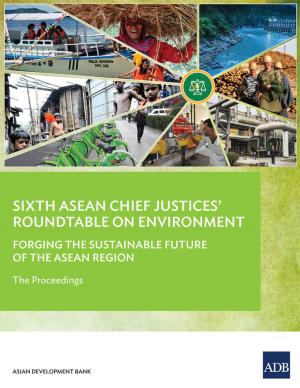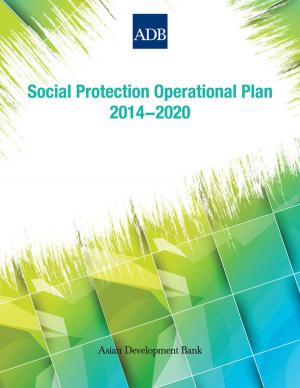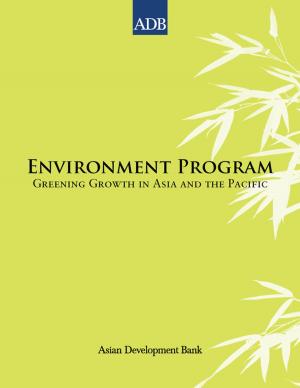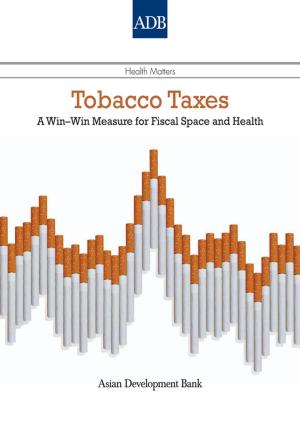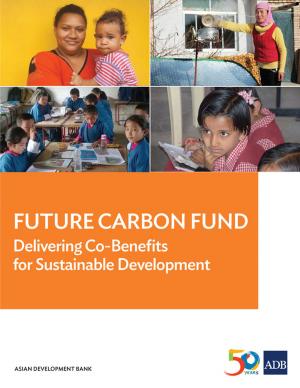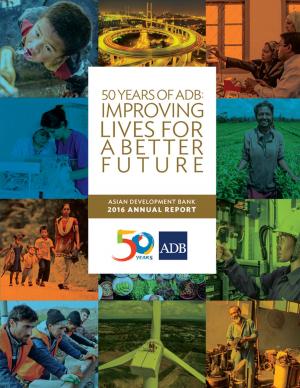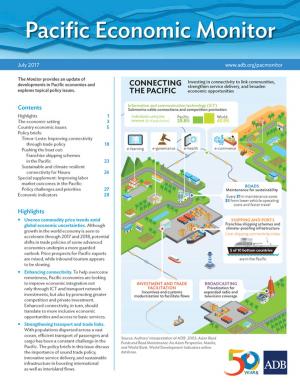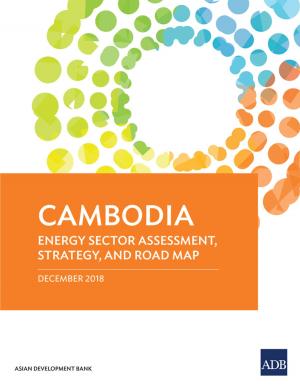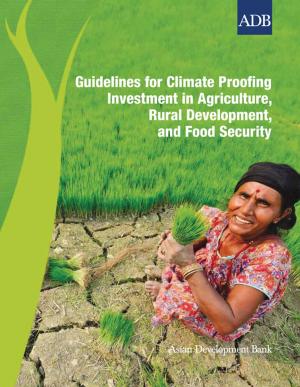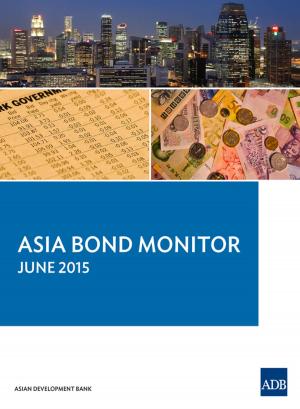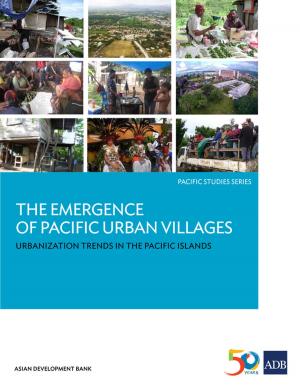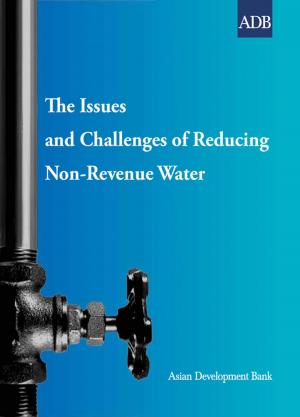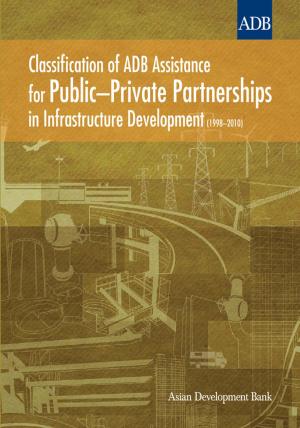Development Asia—Dealing with Disasters
January–March 2011
Nonfiction, Science & Nature, Science, Earth Sciences, Social & Cultural Studies, Social Science| Author: | Asian Development Bank | ISBN: | 9789292574345 |
| Publisher: | Asian Development Bank | Publication: | March 1, 2011 |
| Imprint: | Asian Development Bank | Language: | English |
| Author: | Asian Development Bank |
| ISBN: | 9789292574345 |
| Publisher: | Asian Development Bank |
| Publication: | March 1, 2011 |
| Imprint: | Asian Development Bank |
| Language: | English |
Natural disasters wreak havoc without discrimination, wiping out homes, livelihoods, a country's economic gains, and often many individual lives. Africa, the Americas, Asia, and Europe have all been struck by catastrophes in recent years. Asia, however, has been hit hardest: 40% of the world's disasters have occurred in the region in the past decade, resulting in a disproportionate 80% of disaster deaths. And Asia's poor, lacking in resources and more vulnerable and exposed to the elements, have borne the brunt of these cataclysms. Touted as the next economic power, Asia cannot afford to continue along this path. Countries in distress will be hard-pressed to reach their development goals as funds meant for fortifying social and economic infrastructure get diverted for emergency relief and reconstruction. Efforts to reduce poverty and improve the quality of life in developing countries could suffer sizeable setbacks. With extreme weather conditions attributed to climate change increasing in frequency and complexity worldwide, setting up disaster risk management initiatives at all levels has become even more imperative. Lessons learned from disaster response and recovery experiences show that a well-coordinated community response is just as vital as emergency action at the national or even international level. This edition of Development Asia looks at the state of disaster preparedness in the region, the economics of risk mitigation and the politics of disaster relief, and proactive strategies and innovative solutions. We put the spotlight on Bangladesh, long a victim of recurring disasters, where a community-led program has dramatically reduced disaster-related deaths and damage. In The Big Voice, Margareta Wahlström, who heads the United Nation's Secretariat for the International Strategy for Disaster Reduction, talks about the challenges of preaching preparedness. On the fundraising side, we examine the sometimes controversial role that celebrities have played in rallying international support for disaster victims. On a lighter note, we also explore how the tiny seahorse is helping to reduce poverty in coastal communities across the region, and chime in about the musical traditions of international development.
Natural disasters wreak havoc without discrimination, wiping out homes, livelihoods, a country's economic gains, and often many individual lives. Africa, the Americas, Asia, and Europe have all been struck by catastrophes in recent years. Asia, however, has been hit hardest: 40% of the world's disasters have occurred in the region in the past decade, resulting in a disproportionate 80% of disaster deaths. And Asia's poor, lacking in resources and more vulnerable and exposed to the elements, have borne the brunt of these cataclysms. Touted as the next economic power, Asia cannot afford to continue along this path. Countries in distress will be hard-pressed to reach their development goals as funds meant for fortifying social and economic infrastructure get diverted for emergency relief and reconstruction. Efforts to reduce poverty and improve the quality of life in developing countries could suffer sizeable setbacks. With extreme weather conditions attributed to climate change increasing in frequency and complexity worldwide, setting up disaster risk management initiatives at all levels has become even more imperative. Lessons learned from disaster response and recovery experiences show that a well-coordinated community response is just as vital as emergency action at the national or even international level. This edition of Development Asia looks at the state of disaster preparedness in the region, the economics of risk mitigation and the politics of disaster relief, and proactive strategies and innovative solutions. We put the spotlight on Bangladesh, long a victim of recurring disasters, where a community-led program has dramatically reduced disaster-related deaths and damage. In The Big Voice, Margareta Wahlström, who heads the United Nation's Secretariat for the International Strategy for Disaster Reduction, talks about the challenges of preaching preparedness. On the fundraising side, we examine the sometimes controversial role that celebrities have played in rallying international support for disaster victims. On a lighter note, we also explore how the tiny seahorse is helping to reduce poverty in coastal communities across the region, and chime in about the musical traditions of international development.

